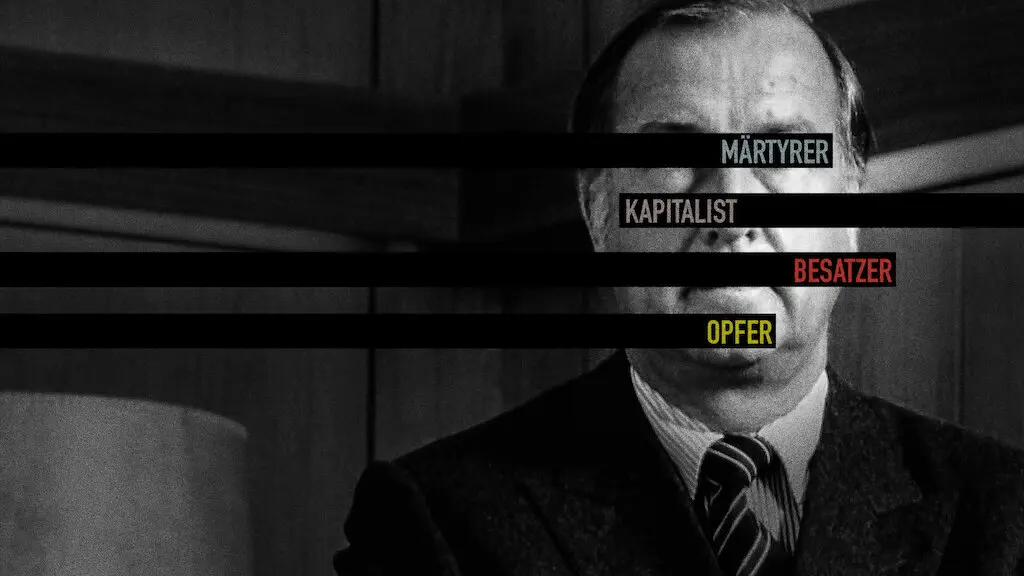Summary
Netflix’s first-ever German original docuseries A Perfect Crime hopes to renew speculation about a fascinating real-life political assassination.
Netflix knows a good true-crime story when it sees one, and the assassination of Detlev Karsten Rohwedder in a JFK-style conspiracy certainly qualifies. This makes for the subject of A Perfect Crime, a four-part docuseries, and the first original out of Germany, which approaches the murder from the angles of its possible perpetrators, and is rich with cultural, political, and historical context.
Rohwedder, a Social Democrat, was offed in 1991. His responsibilities included the denationalization of state-owned businesses following the recent merger of East and West Germany – a more turbulent political hotbed has rarely ever existed, and it’s no surprise that blame could be laid at the feet of the Red Army Faction (or the Baader-Meinhof gang) terror group, who claimed responsibility, a West German using militants as cover, or the disgruntled East German secret police. The series considers these potential suspects, as well as the lingering sense of national division that might have motivated such a drastic crime.

The restructuring that came about after the reunification put money and jobs on the line and incensed the public into increasingly aggressive demonstrations. Rohwedder, having attempting to leave his role but being talked back into it by Helmut Kohl, was eventually shot dead in his first-floor library, initially to be blamed on the RAF but to be speculated about for years after when new theories emerged, new DNA techniques were developed, and the potential list of suspects got ever-longer. A Perfect Crime relishes the benefit of hindsight, looking back on this major event in German political history with new knowledge and context bestowed by in-the-know interviewees. To go with the different suspects, there are many potential motives, including financial ones. As it turns out, plenty of people would have stood to benefit from Rohwedder’s death.
As with Netflix’s other prominent true-crime shows, the point is to renew speculation, even if some would argue that any explanation beyond the official one is informed entirely by rumor rather than fact. This being what it is, a docuseries like this also has a duty to entertainment, and the chance to piece together what might have happened and why is undeniably entertaining – A Perfect Crime knows this about itself and its audience. It has no duty to the truth, really, but to possibility. And it does a fine job of raising plenty of those.




